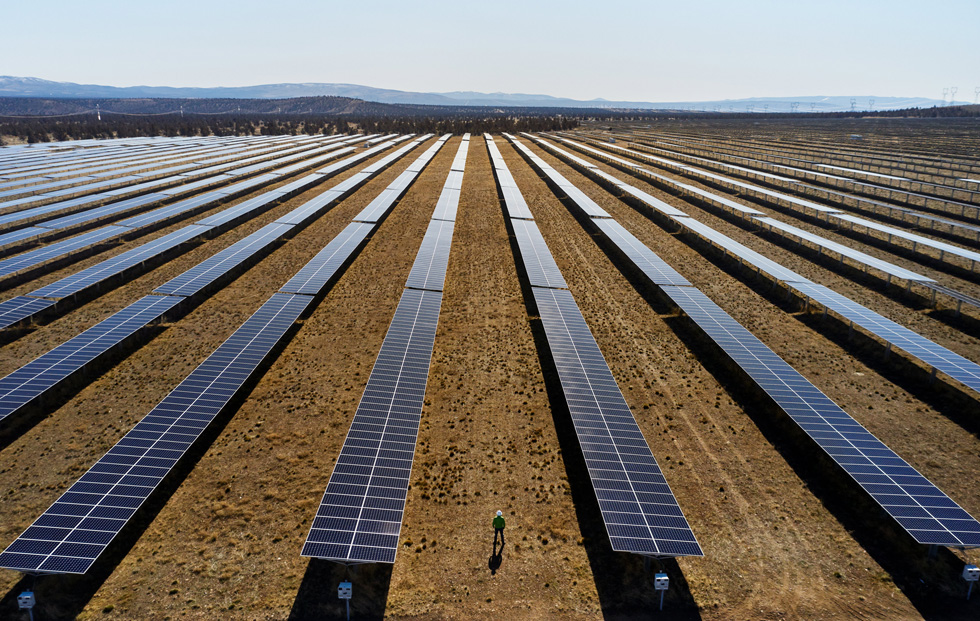Tesla requests tariff waiver for graphite amid rising demand for EV batteries

Tesla recently filed three public comments to support the idea of waivers for tariffs on graphite, a key component for its electric vehicles’ lithium-ion batteries. Tesla stands as one of hundreds of auto industry players currently asking the US Trade Representative for extended tariff waivers on components imported from China.
The ongoing supply chain issues have placed a large amount of pressure on automakers, especially when it comes to costs. These issues have become so notable that they are now affecting new and used vehicle prices in the United States. But this is not all. Tariffs levied during the Trump administration’s trade war with China are also adding more fuel to the fire. Fortunately, the USTR stated back in October that it would consider reinstating tariff exclusions for materials sourced from China on a case-by-case basis.This is where Tesla’s public comments on Wednesday come in. Considering the volume of all-electric vehicles that Tesla is and will be producing, the company noted that only mainland China could provide the supply of graphite it needs to make batteries in the United States. Tesla’s comments bode well for the company’s 4680 cell pilot line in Fremont and Gigafactory Nevada, both of which produce electric vehicle batteries.
“As a result of Tesla’s due diligence process for suppliers of artificial graphite, globally and in the United States, Tesla has concluded that no company in the United States is currently capable of producing artificial graphite to the required specifications and capacity needed for Tesla’s production,” Tesla noted.
Other battery players that are also heavily involved in the electric vehicle sector shared similar sentiments. One of these is battery giant SK Innovation, which is one of the suppliers that is expected to provide cells for vehicles like the Ford F-150 Lightning. Similar to Tesla, the South Korean battery company also supported an extended waiver for graphite tariffs.
“A renewed exclusion will allow SK to manufacture quality breakthrough electric vehicle components at competitive prices for American OEMs while creating full-time jobs that support American families. For example, exclusions will benefit an $11.4B joint venture with Ford and a $2.54B investment in Georgia,” SK Innovation noted.
As per a report from Resource World, an average hybrid vehicle, which still requires an internal combustion engine to run, consumes about 22 pounds of graphite. In comparison, an all-electric vehicle, which does not utilize a combustion engine at all, typically requires about 220 pounds of graphite for its batteries.News source